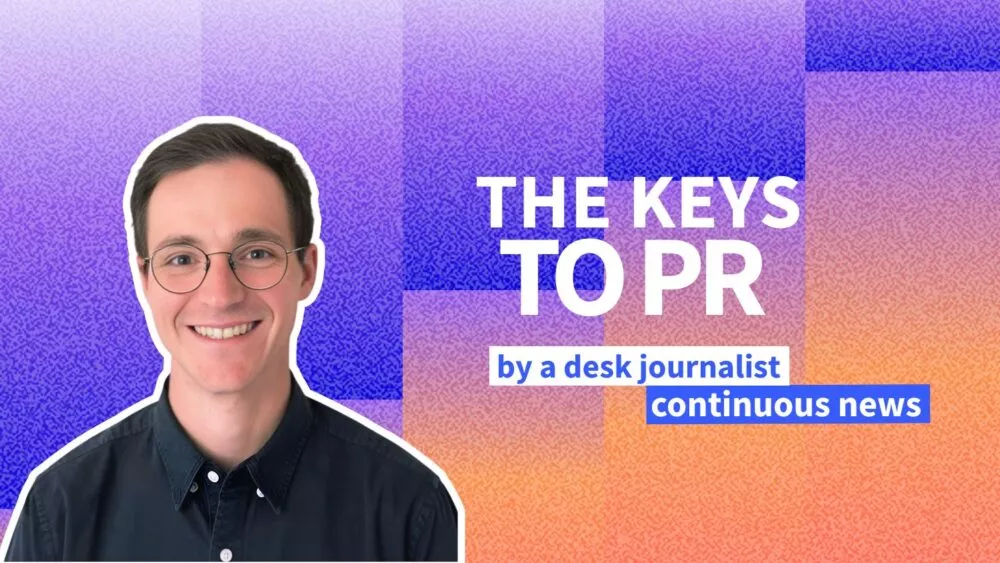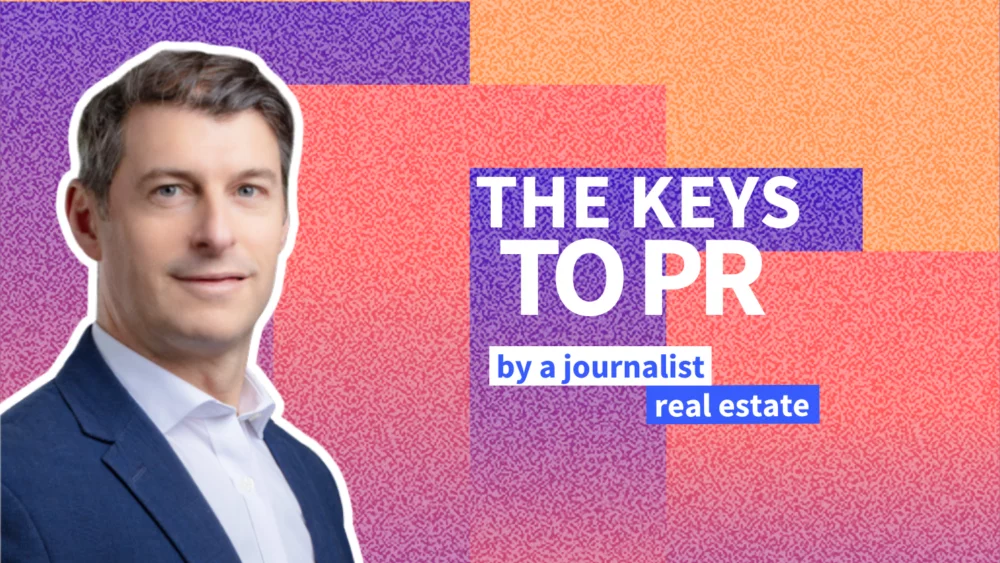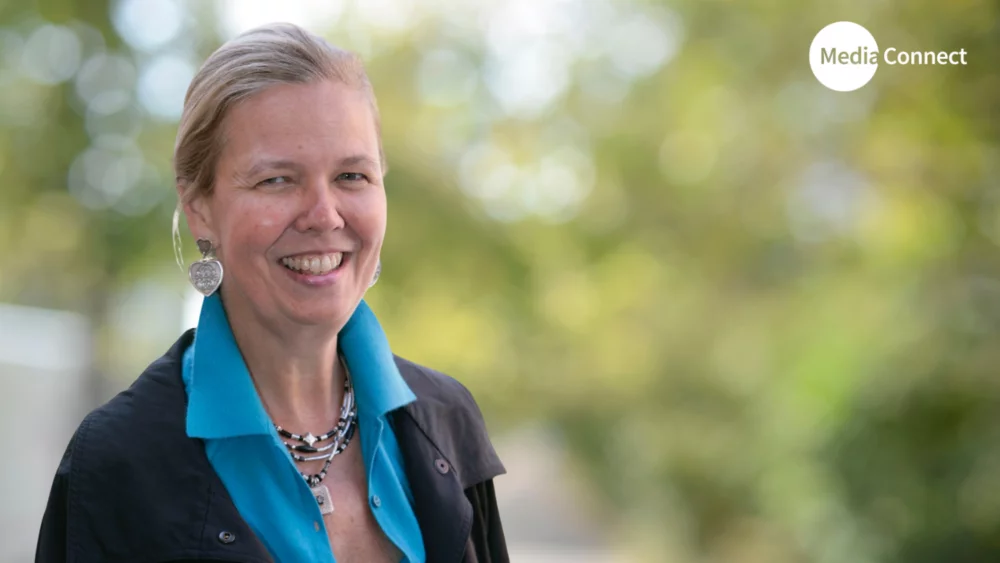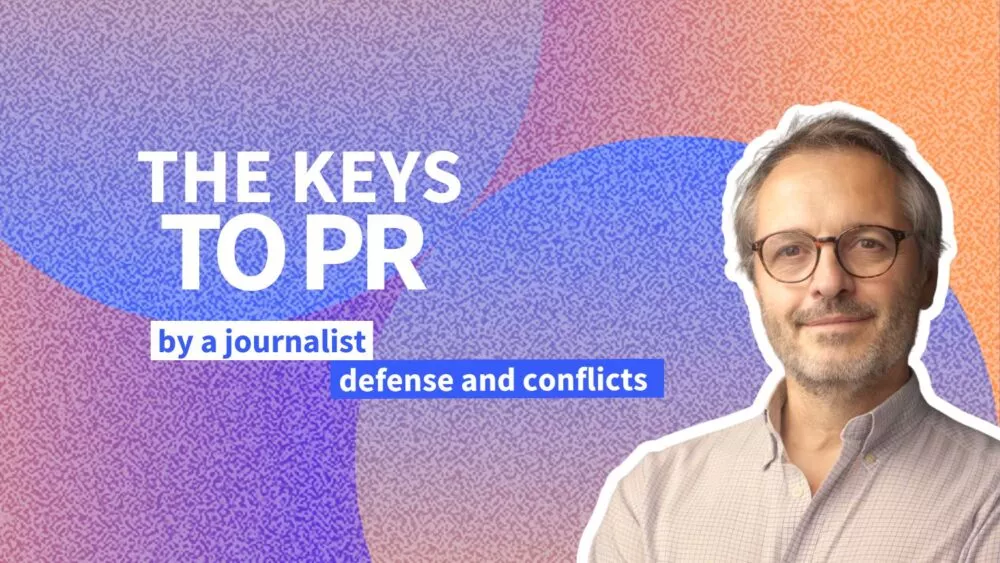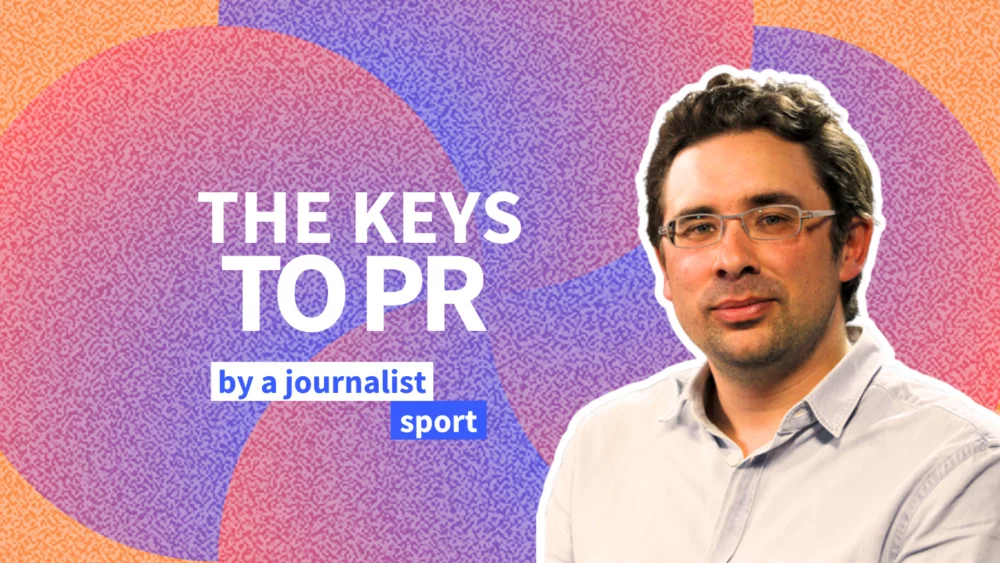The energy sector covers a very broad range of topics. How do you choose your stories?
A good story is one that provides useful information to our readers or a fresh perspective on a known topic. To get this information, I make calls and regularly meet key players in my sector (researchers, unions, associations, public-sector figures, technicians, specialized engineers…), or go through primary sources such as legislative or regulatory texts or financial documents. I also read French, international, trade, and general news media.
Reports and press releases are among my sources, but are rarely the starting point for my articles. Usually, I identify the topic first, then look for reports or press releases on it. That said, a press release can sometimes put me on a path I hadn’t considered.
Energy is at the heart of political, social, and economic debates. How do you navigate this sector when covering your stories?
Indeed, energy stirs up passions, even more so since the crisis. It's a field that touches on fundamental issues: purchasing power, energy mix, state regulation versus the market… As a result, we receive often contradictory communications depending on the source. For example, pro-nuclear associations do not share the same information as anti-nuclear groups. We treat this information with caution, aware of its bias. Data from a partisan source is not automatically false, but we systematically verify it by contacting the regulator or independent experts. This vigilance is essential in our day-to-day work.
What bothers you about the communications you receive from PR professionals?
I'm overwhelmed with poorly targeted press releases about health and technology. Sometimes I also get emails where my name is incorrect or where I'm associated with the wrong media. Also, I don’t like when press releases suggest or impose an angle. As journalists, our added value lies precisely in crafting our own angles. More problematic is when PR professionals don’t put us in touch with experts and answer our questions themselves. I get the sense that some companies are increasingly locked down. We sometimes end up with a single designated spokesperson, and beyond them, it becomes very difficult to access other voices “on the record.” The energy crisis probably worsened this trend: controversies over misquoted statements may have led some players to tighten their communication out of fear of exposure. Finally, I don’t like it when PR reps oversell their topic with “EXCLUSIVE” in all caps in the email subject line. These are usually stories that become public a few days later. I used to cover some of these topics, but I no longer do. Faced with this flood of communications, I sort first by the subject lines.
Conversely, what do you appreciate in a press release?
I appreciate press releases that respond to breaking news. They provide quick, usable reactions. I also like discovering a topic or speaker I hadn't identified. Even if I don’t cover the topic immediately, the information stays in the back of my mind. What grabs my attention is primarily the topic itself, more than how I’m approached. Of course, I’m more engaged when I sense real expertise and passion for the subject. On the other hand, I immediately tune out when faced with robotic and impersonal language, even though I understand the constraints of the job. The central question remains: what is the added value of this press release? Without that, even a very well-presented release ends up forgotten. In the end, the topic is what matters most.
How can PR professionals better target specialized journalists like you?
Even though one might think fewer intermediaries would make accessing our sources easier, PR remains a valuable help. In our job, arranging interviews quickly is not always simple. A PR professional who is available and responsive greatly eases the process. They could, for instance, create a detailed list of journalists specialized in energy, both in trade and mainstream media. There aren’t that many of us. Based on that mapping, targeting needs to be refined. These lists could be updated at least once a year, as editorial teams change regularly.
How can a relationship of trust be built that benefits both sides?
Trust is fundamental but must never compromise our journalistic independence. Even with cordial relationships, we must remain true to our mission to inform. That trust must go both ways. On our side, we strictly respect established conditions such as off-the-record agreements or quote reviews, if required. In return, we expect transparency from PR professionals and that they keep communication open even when they don’t agree with our editorial angle. I’ve experienced situations where PR professionals publicly criticized our articles but later admitted privately that they agreed with them. In the end, this relationship will always be unique because our roles are fundamentally different. The PR professional defends their organization’s interests; I try to defend my readers’ right to information. Each side must understand and respect the other’s role.
Marine Godelier’s expectations:
– Receive press releases tied to breaking news
– Be connected with a variety of experts
– Not have angles imposed in press releases
– Maintain communication regardless of the outcome

